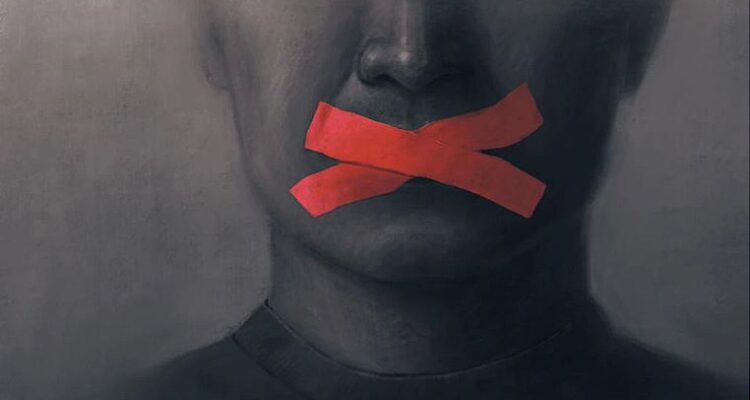Responding to criticisms of the line-up for Adelaide Writers Week, which forms part of the Adelaide Festival, Kath Mainland, the festival’s chief executive, and Louise Adler, AWW’s director, have claimed that they are merely defending freedom of expression. Additionally, Adler has argued that objections to her choice of speakers conflate criticism of Israel with anti-Semitism.
It is certainly possible to be critical of particular Israeli policies without being anti-Semitic. But that hardly means that criticism of Israel is never anti-Semitic. And while there are inevitably questions about precisely where one draws the line, it is impossible not to be concerned about a speaker who, even if in verse, resurrects the notorious blood libel against Jews by claiming that Israelis, who have “an unquenchable thirst for Palestinian blood”, “harvest the organs of martyred (Palestinians)” and “feed (them to) their warriors”.
To believe that freedom of expression demands giving a platform to such views is simply confused. On the contrary, freedom of expression has always meant that each platform – including Writers Week – has both a right and the moral, as well as legal, responsibility to curate the views that it is used to propound.
Indeed, as at least Adler must know, the relationship between freedom of expression and that right and responsibility was at the heart of the great defences of freedom of expression that were first penned during the Reformation and then reached their intellectual culmination in the work of Benjamin Constant and John Stuart Mill. That relationship has two central components.
Read the article by Henry Ergas in The Australian.

